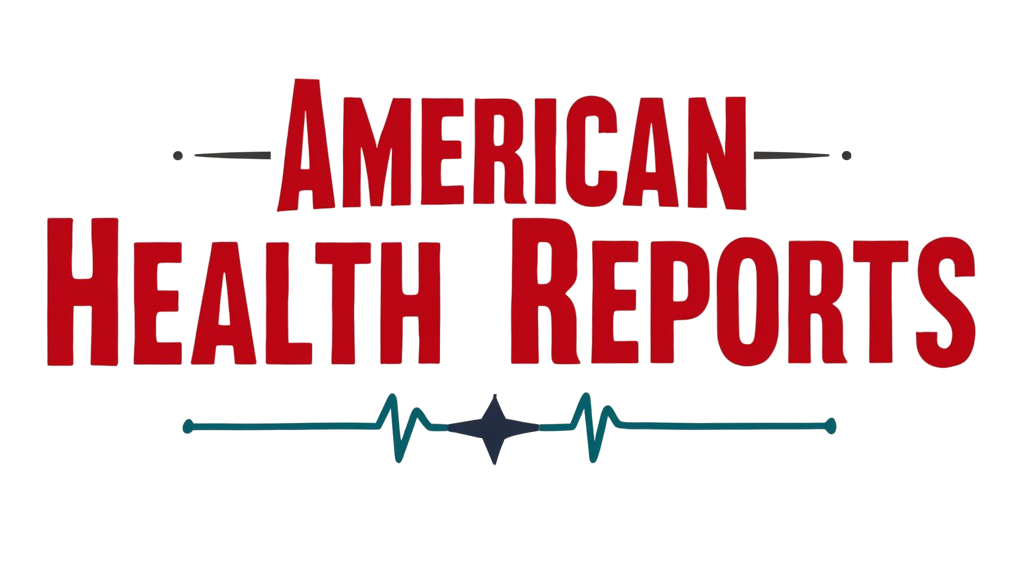Avoid These 7 Dangerous Foods After 50 for Better Health
Share
As we age, dietary choices become crucial for maintaining health and preventing chronic conditions. Certain foods pose significant risks for older adults due to changes in metabolism, immune function, and nutrient absorption. Here are the most dangerous foods to avoid after 50 and their associated risks:
### 1.
Foods like white bread, pastries, and processed cereals impair zinc absorption due to phytates. Zinc deficiency accelerates immune decline, cognitive issues, and inflammation linked to age-related diseases. Older adults already face reduced zinc absorption, making refined carbs particularly harmful.
### 2.
High in omega-6 fatty acids, seed oils promote oxidative stress and inflammation when consumed in excess. They’re linked to cellular membrane damage and chronic conditions like heart disease and diabetes. Animal fats (e.g., butter, lard) or olive oil are safer alternatives for cooking.
### 3.
– : Chips, soda, and fried foods lack nutrients while contributing to obesity and malnutrition.
– : Excessive salt intake raises hypertension risk, a major concern for seniors.
– : Sugary snacks and drinks accelerate metabolic dysfunction and cognitive decline.
### 4.
Undercooked eggs, meat, and unpasteurized dairy increase foodborne illness risk, which disproportionately hospitalizes older adults. Listeria infections, for example, are 4x more likely in those over 65.
### 5.
Alcohol exacerbates medication interactions, raises blood pressure, and impairs sleep. Even moderate intake can worsen age-related conditions like diabetes.
### 6.
This fruit interferes with medications for hypertension, anxiety, and cholesterol, potentially causing dangerous side effects.
### 7.
Low-fat products often lack vitamin K2 and zinc, which are critical for bone health and immunity. Diets avoiding healthy fats (e.g., fatty fish, eggs) may worsen nutrient deficiencies common in older adults.
—
### Key Recommendations for Longevity
– : Opt for seafood, meat, or supplements (11 mg/day for men, 8 mg/day for women) to counteract deficiency.
– : Fresh vegetables, lean proteins, and minimally processed ingredients reduce chronic disease risk.
– : Use a food thermometer and practice the “Clean, Separate, Cook, Chill” method to prevent foodborne illness.
By avoiding these high-risk foods and focusing on nutrient-dense choices, older adults can better safeguard their health and vitality.










GIPHY App Key not set. Please check settings